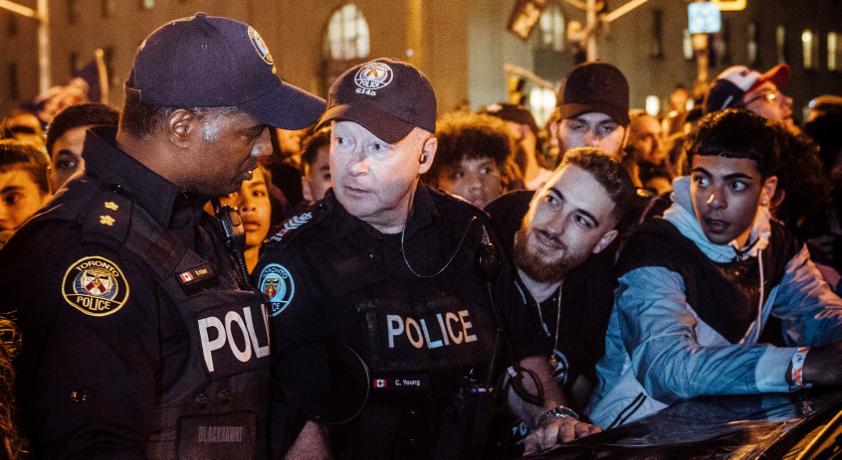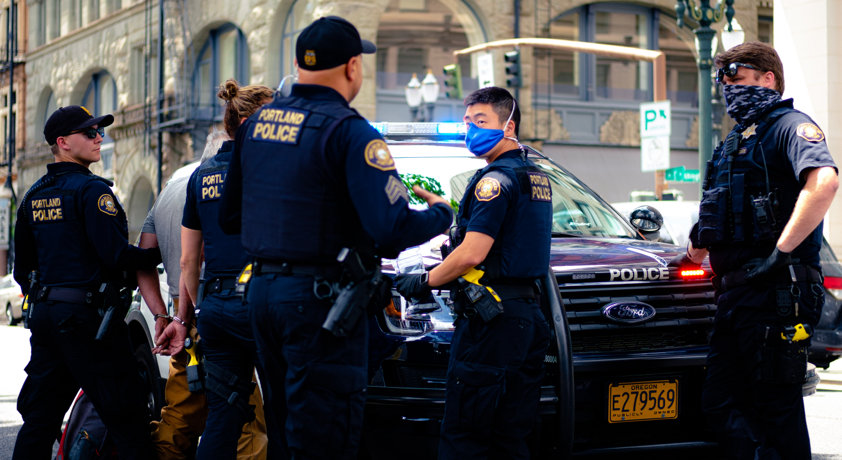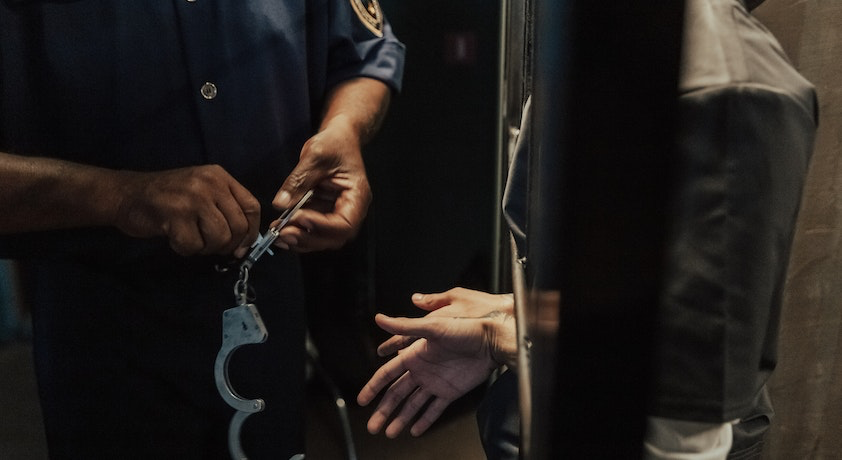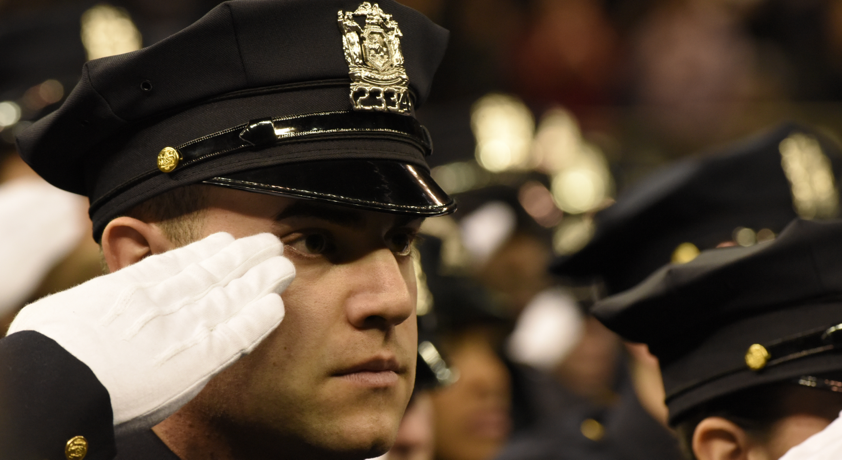Conflict Resolution and De-Escalation Techniques for Police Officers
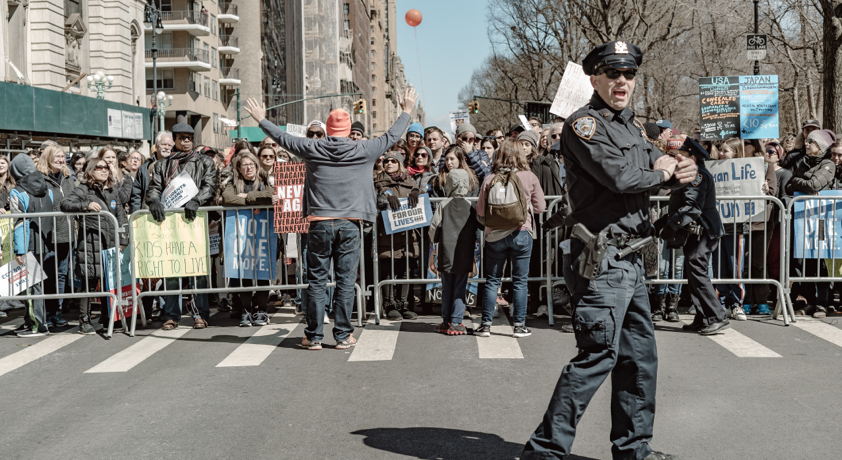
The use of excessive force by police officers has been a contentious issue that has led to numerous protests and calls for reform. In response, many police departments have implemented conflict resolution and de-escalation training for their officers. Such training can equip officers with the necessary skills to manage conflict situations without resorting to physical force. This article explores the importance of effective conflict resolution and de-escalation techniques for police officers, the challenges they face in using them, and strategies for training officers.
Understanding the Importance of Conflict Resolution and De-Escalation
Conflict resolution and de-escalation are essential skills that are necessary for police officers to maintain peace and order in the communities they serve. These skills allow officers to handle high-pressure situations with tact and diplomacy while ensuring that all parties involved are treated with respect and dignity.
The Role of Police Officers in Conflict Situations
Police officers are often called upon to intervene in situations where emotions are running high, and tensions are escalating. These situations can range from domestic disputes to protests and riots. In such situations, police officers must attempt to keep the peace and protect the rights of all parties involved while ensuring their own safety.
Effective conflict resolution and de-escalation techniques are thus crucial tools in their arsenal. These techniques allow officers to defuse volatile situations, calm down agitated individuals, and prevent conflicts from escalating into violence.
Benefits of Effective Conflict Resolution and De-Escalation
The benefits of effective conflict resolution and de-escalation techniques are numerous for both police officers and the communities they serve. When officers can resolve conflicts without resorting to force, they can avoid injuries, legal liability, and negative publicity. Moreover, when police officers master de-escalation skills, they can build stronger relationships with the community and gain their trust.
By building trust with the community, police officers can gain valuable intelligence and information that can help them prevent crime and maintain order. They can also improve their response times and effectiveness by working closely with the community to identify potential trouble spots and develop strategies to address them.
Challenges Faced by Police Officers in De-Escalating Situations
However, de-escalating conflicts is not always easy. Police officers face numerous challenges, such as a lack of training, a lack of trust from the community, and fear for their own safety. Additionally, officers may sometimes face resistance from suspects, who may not respond favorably to de-escalation techniques.
In such situations, officers must know when to escalate the use of force without endangering themselves or the public. They must also be able to recognize the signs of potential violence and take appropriate action to prevent it from occurring.
Moreover, officers must be able to communicate effectively with individuals from diverse backgrounds and cultures. They must be able to understand and respect different perspectives and find common ground to resolve conflicts.
Finally, officers must be able to maintain their composure and remain calm in high-pressure situations. They must be able to think quickly and make sound decisions under stress, while also maintaining their professionalism and respect for all parties involved.
Key Conflict Resolution and De-Escalation Techniques
Active Listening and Empathy
Active listening and empathy are the foundation of conflict resolution and de-escalation. Officers must listen actively to what the parties involved are saying, understand their needs and emotions, and show empathy. By doing so, officers can encourage parties to communicate more effectively and build rapport with them. They can also identify underlying issues that might contribute to a conflict and find ways to address them.
Building Rapport and Establishing Trust
Building rapport and establishing trust is another crucial technique for officers. Officers must strive to create a sense of trust between themselves and the parties involved in the conflict. They can do this by showing respect, demonstrating empathy, and maintaining a calm and professional demeanor. By doing so, officers can establish themselves as impartial mediators in the conflict and earn the parties’ respect.
Verbal and Non-Verbal Communication Skills
Verbal and non-verbal communication skills are also critical for conflict resolution and de-escalation. Officers must know how to use non-threatening gestures, body language, and facial expressions. Likewise, officers must choose their words carefully, using active listening and empathy to communicate effectively and defuse volatile situations. Moreover, officers must avoid confrontational language and tone, which can escalate conflicts.
Tactical Decision-Making and Use of Force Continuum
Tactical decision-making and the use of force continuum are important techniques for officers who must escalate force, especially in situations where lives are threatened. Officers must know when and how to use force, using their training and judgment to make the right decisions. They must strive to use force only when necessary and to the extent required to maintain public safety.
Implementing De-Escalation Training for Police Officers
Police officers are often called upon to handle difficult situations that require the use of force. However, the use of excessive force can result in serious consequences, including injury or even death. This is why it is crucial for police officers to receive adequate training in de-escalation techniques.
Components of Effective De-Escalation Training Programs
Effective de-escalation training programs must incorporate various components. Officers must receive adequate training on the techniques discussed above and the legal and ethical ramifications of excessive force. This includes understanding when the use of force is necessary and how to use the minimum amount of force required to resolve a situation.
In addition, officers must also practice these techniques in realistic role-playing scenarios that simulate conflict situations officers might encounter in the field. This allows them to gain practical experience in using de-escalation techniques and helps them to feel more confident when faced with real-life situations.
Moreover, training programs should incorporate psychological assessments and support to help officers manage stress and trauma associated with their job. This is important because police officers are often exposed to traumatic events that can have a significant impact on their mental health.
Role-Playing Scenarios and Practical Exercises
Role-playing scenarios and practical exercises are essential in training police officers. Officers must be put in situations that simulate real-life conflict scenarios, where they can practice and improve their skills. Such exercises allow officers to hone their intuitive decision-making skills and gain confidence in using de-escalation techniques.
For example, officers might be asked to respond to a simulated domestic violence situation, where they must use de-escalation techniques to defuse the situation and ensure the safety of all parties involved. By practicing in a safe and controlled environment, officers can develop their skills and feel more prepared to handle similar situations in the field.
Evaluating the Effectiveness of Training Programs
It is crucial to evaluate the effectiveness of de-escalation training programs continually. Police departments must use metrics, such as reduced use of excessive force, improved community relations, and fewer complaints against officers, to assess the success of their training programs continually.
Improvements in these metrics indicate that the officers are better equipped to handle situations without resorting to excessive force effectively. This, in turn, can lead to better community relations, increased trust in law enforcement, and ultimately, safer communities for all.
Best Practices and Strategies for Police Departments
Police departments must adopt best practices and strategies for implementing effective de-escalation training programs. These programs should focus on teaching officers effective communication and active listening skills, as well as strategies for managing their own emotions and stress levels in high-pressure situations. By prioritizing the training of officers in conflict resolution and de-escalation techniques, police departments can improve community relations, reduce excessive use of force, and improve officer safety.
In addition to training, police departments can also implement policies and procedures that prioritize de-escalation and non-violent resolution of conflicts. For example, some departments have implemented crisis intervention teams that respond to calls involving individuals with mental health issues. These teams are trained in de-escalation techniques and can help prevent situations from escalating into violence.
By adopting these best practices and strategies, police agencies can create a culture of de-escalation and trust between the police and the community they serve. This can lead to improved community relations, increased public safety, and a more effective and efficient police force.
